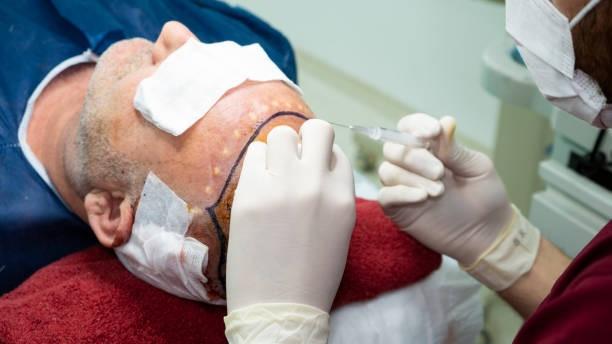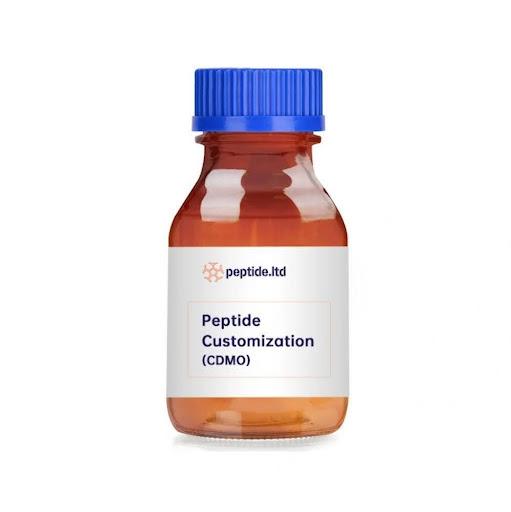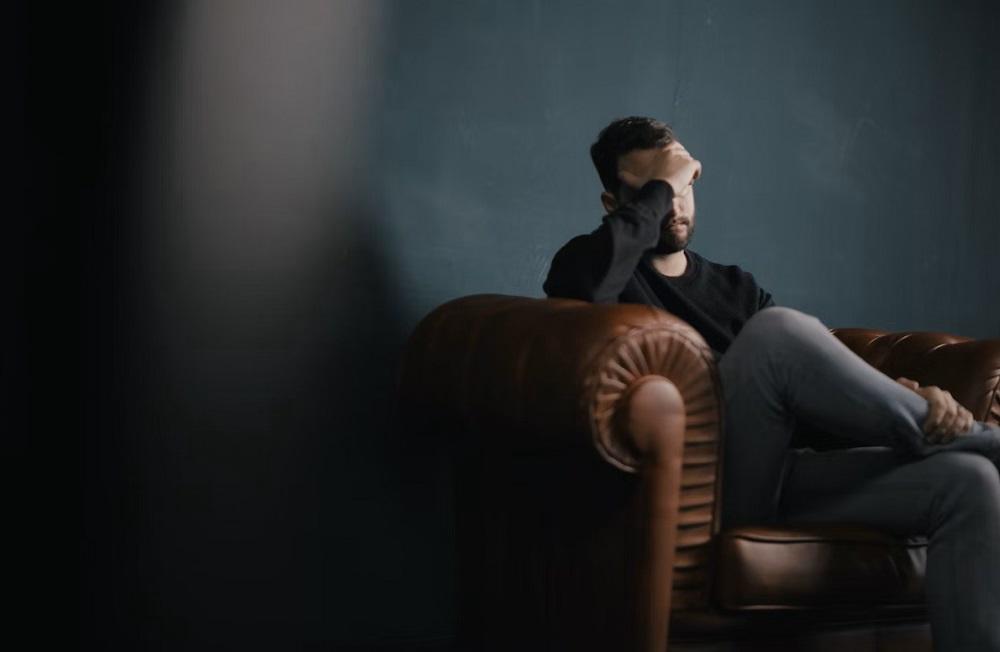
Balding is a natural process, and it happens to everybody at some point in their life. Balding is typically seen in males more than females, but the problem is when the hair fall starts at a younger age.
Nowadays, even teenagers face hair fall issues because of a bad lifestyle, unhealthy diet, hair products, etc. And if you have done a hair transplant from a hospital that provides the best hair transplant in Pune, you must have gotten some strict routine to follow after surgery.
The water in metropolitan cities usually contains a high concentration of chlorine. Still, in Pune, the water is high in chemicals such as magnesium, calcium, and silica, which makes the scalp dry and weakens hair.
The residents of several societies in Pune receive water from chemically treated plants and some from artificially created water bodies. In both cases, the result is the same. Even water supply from dams and ponds tends to be chlorinated.
Hair transplant is the best and long-term solution for premature hair fall and for those who wish to look the same (by keeping their hair) even when they age. Hair can change the way you look, and this (balding) causes a lot of mental strain in people.
Treatment is good for regaining the lost hair and confidence, but you should follow some pre and post-treatment routines for best results. You can divide the routines into two: pre-operative routine and post-operative routine.
Pre-operative routine
This is the routine one has to follow before they go through the treatment. It is a kind of preparation for hair transplant treatment. The routine you can follow are:
Dos
- Get enough sleep
- Follow doctor’s advice and take prescribed medication
On the day of surgery
- Wash your scalp with a mild shampoo
- Have a light breakfast
Don'ts
- Consumption of aspirin, anti-inflammatory medicines, and painkillers regularly
- Vitamins B, E, and herbal medications are dangerous too
- Using steroids before the surgery and applying cortisone cream (can increase the risk of bleeding during the treatment)
- Alcohol and tobacco
- Applying hair spray, styling products, and hair gels
On the day of surgery
- Avoid caffeine
- Wearing wigs, accessories on the hair, and using styling products
- Exercise and strenuous activities.
Post-operative routine
This is the routine one must follow after the surgery. It is imperative that one follows these routines so as to get the maximum benefit of the treatment. And if one doesn't follow these routines properly, there could be negative effects later.
A post-operative routine is more crucial than the pre-operative one. At this period, the patient's scalp is very sensitive and can get affected by even the slightest mistreatment.
You must do the following for proper recovery after the treatment:
- Take the prescribed medication (tablets/syrups) by the doctor (antibiotic and anti-inflammatory)
- Don't do anything in the recipient area
- Wear bandages and keep the area clean all the time
- Don't use a towel to dry hair (it affects the scalp)
- Avoid intake of alcohol
- Avoid smoking
- Don't take painkillers if not prescribed by the doctor
- Apply the medication (ointment/creams) prescribed by the doctor
These are some of the essential routines you need to follow immediately after the treatment. Failing to do so could bring negative results after the treatment. You will get a list of detailed dos and don'ts if you visit the hospital offering the best hair transplant in Pune. It would help if you did thorough research before finalizing the hospital and doctor for the treatment. There are many other factors you must consider while going for a hair transplant procedure.
The hair transplant procedure has gone through many transformations and techniques over the years. The traditional procedure is Follicular Unit Extraction (FUE), and Follicular Unit Transplantation (FUT) is still popular. In addition to these procedures, new methods have been developed. You can opt for any of the available options and consult the concerned experts.
Also read about:
Know About Ayurvedic Medicine for Joint Pain
Heart care hospital in Bangalore
Why is psychiatry the best specialty










